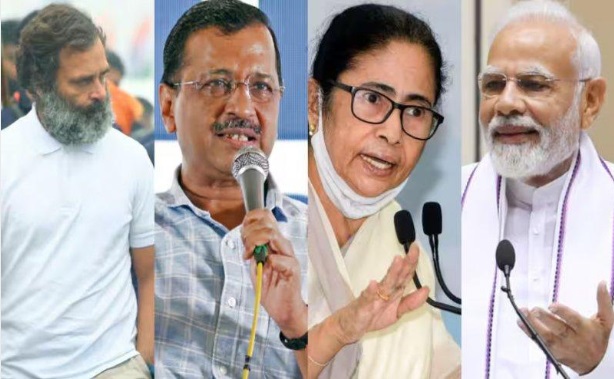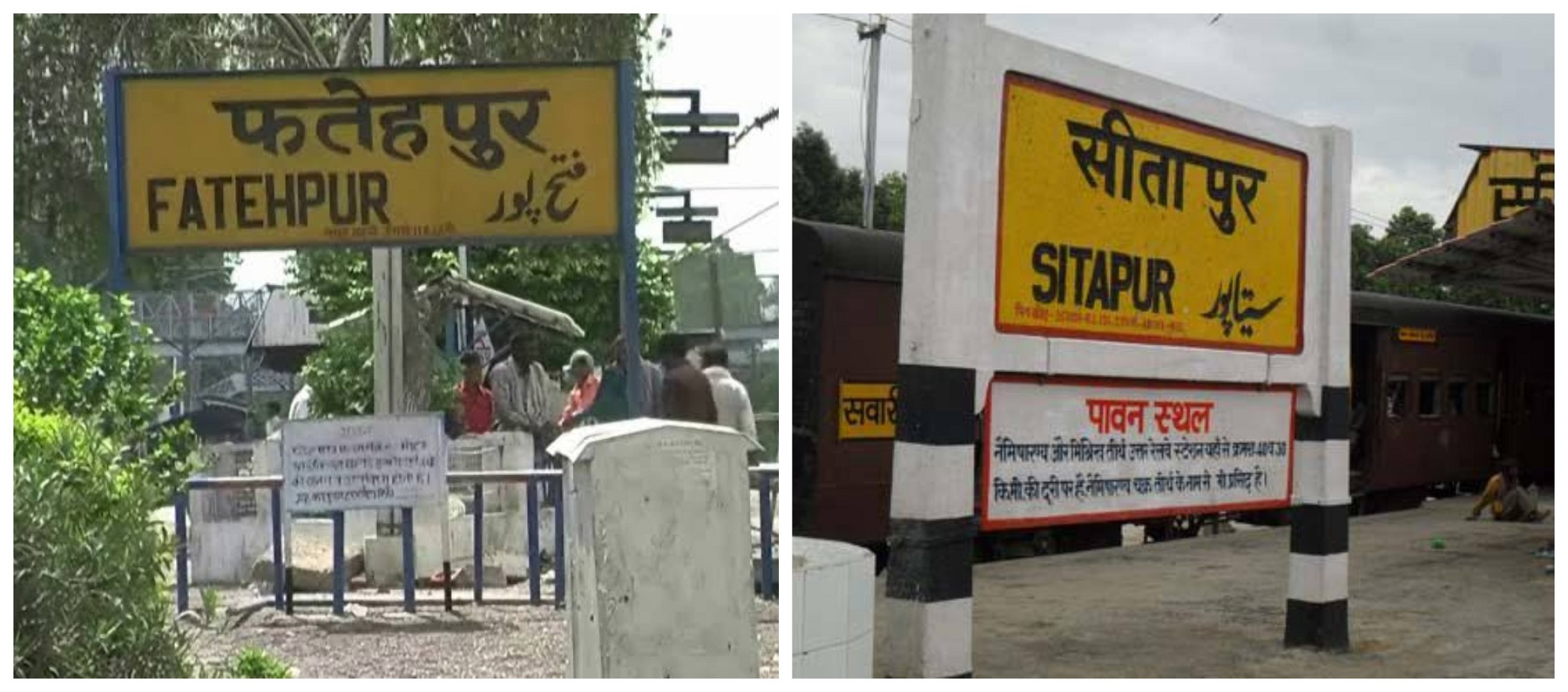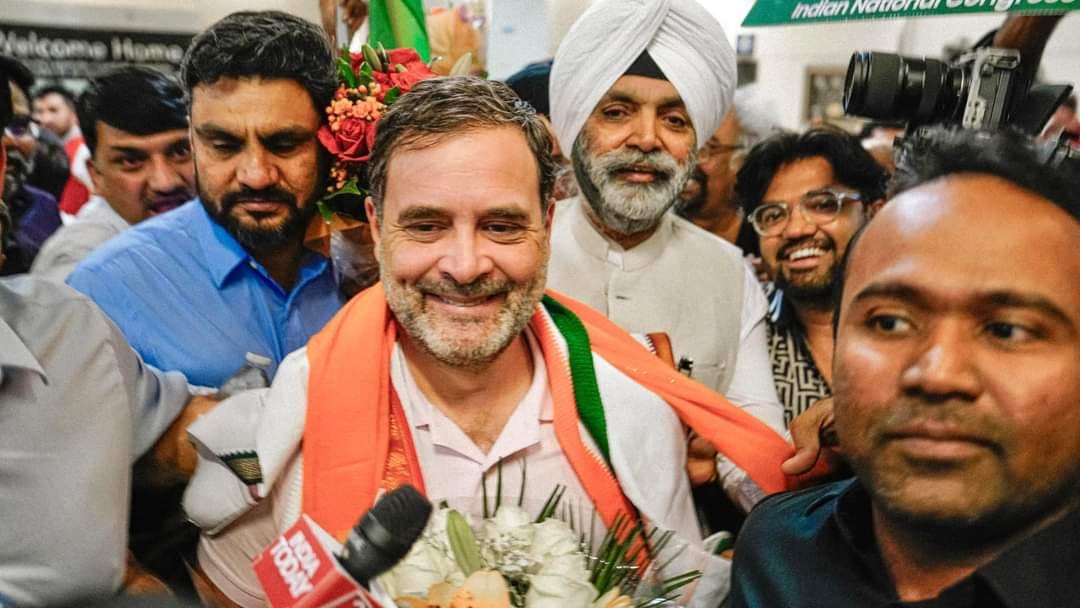Does the CAA undermine secular fabric or unify the Indian Republic? A Debate on Communal Politics & Vote Bank Strategies
- Wednesday | 17th January, 2024
Lok Sabha polls: Congress Party no longer resonates with the aspirations of people of India
- Tuesday | 12th March, 2024
Modi's Temple Diplomacy: Is it to unite to Hindus or a masterstroke for political supremacy?
- Thursday | 29th February, 2024






